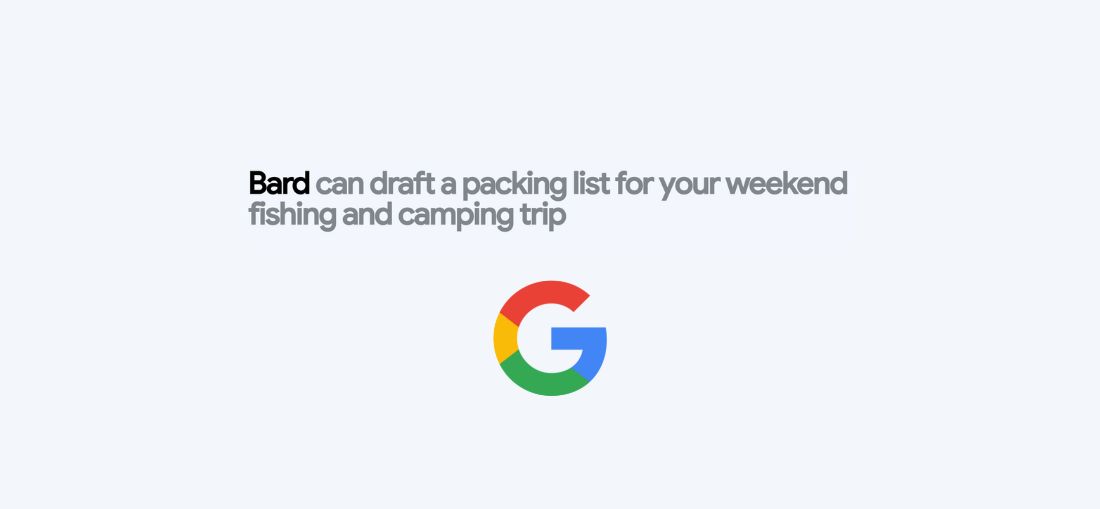Google launches its Bard chatbot in the UK and US, but how does the chatbot fare in comparison to competitors Bing Chat and ChatGPT?
Google’s launch of Bard is the tech giant’s ‘quick’ solution to preventing its highly profitable web search service from being outcompeted by artificial intelligence (AI) rival chatbots.
Despite existing chatbots such as ChatGPT and Bing Chat currently experiencing problems with consistency and returning accurate results, Google have been quick to release a competitor, but describe the service as an “experiment”.
What is Bard?
Announced in February as a conversational AI rival to the highly successful ChatGPT, Bard is powered by Google’s own language model known as LaMDA. Similarly to its competitors, Bard enables its users to type queries and requests in standard English which it will then respond to. Capable of answering detailed questions and providing creative answers, Bard can engage with users in back-and-forth conversations.
Google’s product lead for Bard, Jack Krawczyk, commented; “We feel like we’ve reached the limit of the testing phase of this experiment…. and now we want to gradually begin to roll it out.”
How does Bard differ from other chatbots?
Unlike ChatGPT, Bard is linked up to the live internet so it can pull in answers from other sites when needed. For simple queries that Google can find easily already, this set up works well as, when asked a question, the platform immediately has access to more up-to-date data than other chatbots.
How did Bard fare in a live demo?
Following its launch, Krawczyk took part in a live demo which generated a mixture of results. It was successful when responding to innovative ideas for his son’s birthday party, demonstrating its unique ability to easily click between three answers to the same question. However, the unplanned follow-up proved less impressive when generating ideas for two children on holiday in Tokyo.
In response to the demo, Krawczyk explained that not all answers would be perfect at this stage and suggested that Google search still remained the better option for some queries or would serve as a “complement” to Bard in the future.
Why does this matter?
The release of Bard so quickly has left users questioning its current functionality and capabilities. Despite Google being a forerunner for AI technology since 2017, inventing the “transformer” technology that is now the ‘T’ in ‘GPT’, the firm has failed to release any products before Bard.
Insiders have said the delay to release a chatbot could be down to the harm these platforms could do to the company’s highly profitable core businesses. On its release, Google failed to respond to a question on how much a Bard query costs the firm in comparison to a conventional search. It is estimated that costs could increase from 10-100-fold, yet Bard currently has no obvious revenue sources.
Despite Google playing catchup, rival chatbots are dealing with their own hurdles when it comes to creating software fit for millions of users. On Monday, a privacy breach at OpenAI caused the company to shut down the service for a few hours, with the chat history sidebar remaining temporarily unavailable.
Taking the above into account, we are left questioning whether any of these chatbots are ready to position themselves as a viable provider of services for both general users and corporate customers. Clearly a lot of work remains to improve the millions of bugs within the systems, and we should not be discounting the value of search engines anytime soon.
Krawczyk added; “We’re at the very beginning of that pivot from research to reality, and it’s a long arc of technology that we’re about to undergo.”
Users in the US & UK can now sign up for access to the new chatbot via a waiting list on the Google Bard website.
Author spike.digital